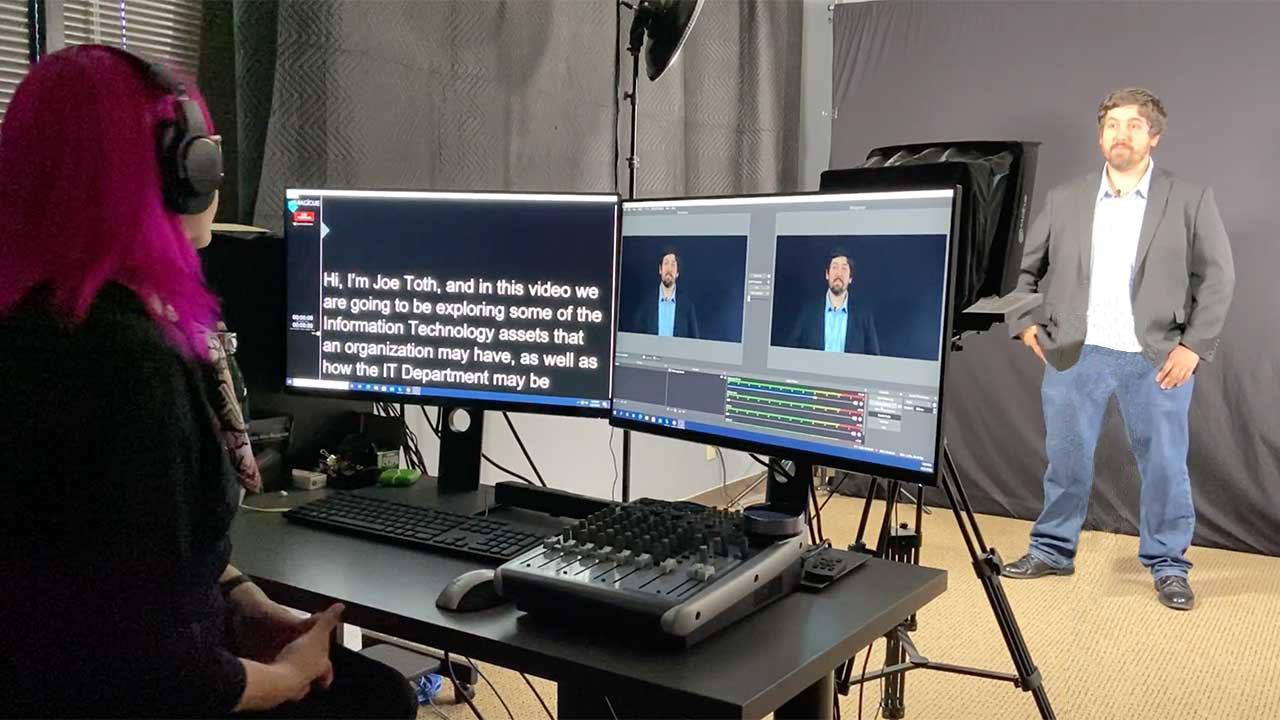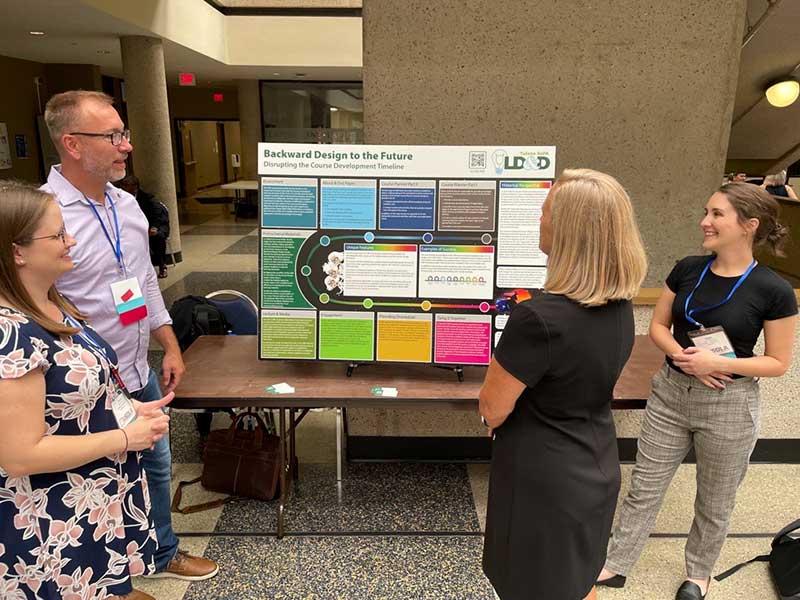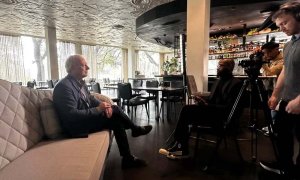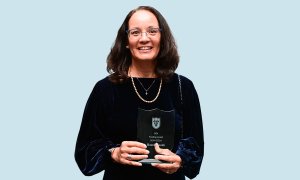Tulane SoPA excels in online learning with help of in-house Learning Design and Development team
When students take online classes at the Tulane School of Professional Advancement (SoPA), they are experiencing the result of a months-long collaboration between an in-house Learning Design and Development (LD&D) team, industry experts, and faculty.
The SoPA LD&D team has been supporting faculty in the creation of learner-centric online and hybrid courses since 2018 by facilitating online course development workshops based on the Wiggins and McTighe method of Backward Design—a practice that suggests course design should begin with the desired learning outcomes established by program faculty rather than the selection of books or other materials.
In 2021, the SoPA LD&D team refined the workshop’s workflow, process, and timeline to allow faculty members the opportunity to think more holistically about their courses. Each course is designed following research-based practices and evaluated using standards established by Tulane SoPA and Quality Matters, a global leader in quality assurance for digital teaching and learning environments.

Ilianna Kwaske, PhD, Associate Dean for Academic Affairs, developed the Tulane SoPA LD&D team to help push Tulane SoPA to the forefront of online learning while designing high-quality online courses at scale. The decision has proven popular among working professionals and nontraditional students who require flexibility to reach their goals. Tulane SoPA has been offering classes online for more than 15 years, but since Kwaske started in 2017 the number of courses offered in an online format has jumped from 50 per semester to nearly 250 each semester.
“It was important to first establish standards and policy for distance education at Tulane SoPA to have consistency in how we thought of online teaching and learningand the kinds of faculty-student and student-student experiences we wanted to create,” says Kwaske. “Then, we assembled a team of instructional designers, technologists, and media content developers to support and shepherd our faculty through the process of creating high-quality courses.”
Ronni Tyger, EdD, director of the LD&D team, says the process and model used to create courses has been so successful among students and faculty that they are continuing to expand with the creation of new online degrees and courses within SoPA.
“Our talented instructional design and media team collaborates with faculty to develop between 75-100 courses each year. ,” said Tyger. “We have been able to create learner-centric experiences for our students and we will continue to serve as designers of the learning journey.”
Tulane SoPA has a full recording studio and lightboard to capture faculty presentations, interviews, lectures, or podcasts. These resources have been shared with faculty and staff from other schools and units at Tulane.
Since courses are often based on real-world scenarios, faculty are encouraged to keep content up-to-date by refreshing course materials every three years, at minimum. The Tulane SoPA LD&D team has also developed a process for tracking improvements and enhancements made by faculty to online courses each semester.
“Because the process for developing online courses is so intentional, many faculty members over the years have told me they have become better teachers—online and in-person—after going through our online course-development workshop,” says Kwaske. “Starting with the end in mind, our faculty and LD&D team work together to create engaging, interactive, learning experiences for our students.”
Visit SoPA’s website to learn more about online learning at Tulane SoPA. Tulane faculty can request assistance by emailing rtyger@tulane.edu.






